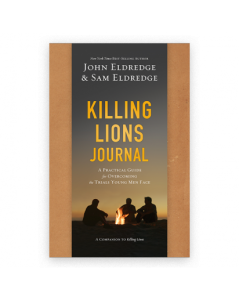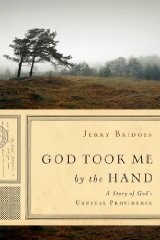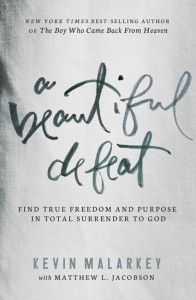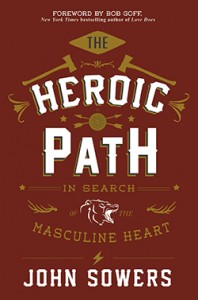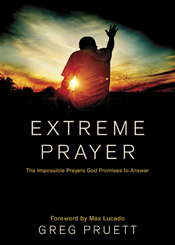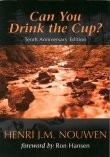Book Review: “Invention” by Justin J Camp
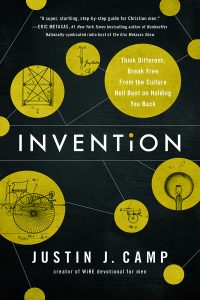 Wow … there is so much in this short book. So much to contemplate but also to do! And that’s what lifts this book above the majority that explore the concept of identity and purpose: Camp guides the reader through a practical Spirit-led self-evaluation to map out a blueprint for life. A blueprint that documents your talents, spiritual gifts, sense of calling and potential actions to take. Really useful for men at any stage of life but especially if you have a sense there is more to life and that you’re not fulfilling the Lord’s purpose.
Wow … there is so much in this short book. So much to contemplate but also to do! And that’s what lifts this book above the majority that explore the concept of identity and purpose: Camp guides the reader through a practical Spirit-led self-evaluation to map out a blueprint for life. A blueprint that documents your talents, spiritual gifts, sense of calling and potential actions to take. Really useful for men at any stage of life but especially if you have a sense there is more to life and that you’re not fulfilling the Lord’s purpose.
This is an easy-to-read book with each chapter featuring what Camp calls a “nano-history” – a brief profile of an inventor who lived and worked during the Industrial Revolution. I enjoyed learning more about such people as Otis, Benz, Edison and more. Recognising that Camp had taken some creative licence to illustrate a point, these openings certainly piqued my curiosity in the topic under consideration.
I love that notion that we’re God’s most fantastic invention – “His beloved creations … and can’t-miss-this intentionality – for us and for our lives.” And He so wants us to understand our unique identity and the purpose we have to play in His Kingdom. For too many years I’ve lived not being sure of my identity and purpose and so I’ve meandered, allowed myself to be too distracted by all and sundry and not been the husband, father and friend that I should be.
Do you feel that way too? If so, grab this book. It’s filled with relevant Scripture and quotes from other valuable sources as Camp demonstrates how we can start the journey to discover our God-given identities through drawing closer to the Lord and together evaluating and documenting a plan to start living it.
I’m looking forward to working through it again and sharing it with other men who I know will find it beneficial.
I was provided with a PDF copy of this book by the publisher with no expectation of a positive review.

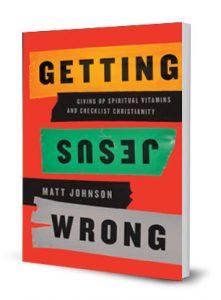 Matt Johnson presents a very frank and honest assessment of his own walk with the Lord over the past 20+ years. I appreciated the fact that he wrote this book as a means of documenting his own journey and experiences as a believer making it very readable and relatable.
Matt Johnson presents a very frank and honest assessment of his own walk with the Lord over the past 20+ years. I appreciated the fact that he wrote this book as a means of documenting his own journey and experiences as a believer making it very readable and relatable.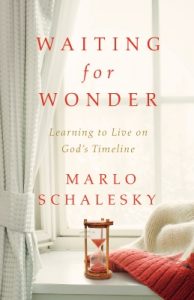 We’re all familiar with the story of Abraham and Sarah … how they were blessed by God to be the blessing for future nations and generations. Of how Abraham, the great man of faith, on hearing God’s instruction to leave home, grabbed his family and did just that, not knowing where the Lord was leading them. But in Marlo Schalesky’s marvellous book we hear from Sarah, we gain insight into her perspective, on being Abraham’s wife and being wholly favoured by God not because she was a wife but because she too was the Lord’s beloved.
We’re all familiar with the story of Abraham and Sarah … how they were blessed by God to be the blessing for future nations and generations. Of how Abraham, the great man of faith, on hearing God’s instruction to leave home, grabbed his family and did just that, not knowing where the Lord was leading them. But in Marlo Schalesky’s marvellous book we hear from Sarah, we gain insight into her perspective, on being Abraham’s wife and being wholly favoured by God not because she was a wife but because she too was the Lord’s beloved.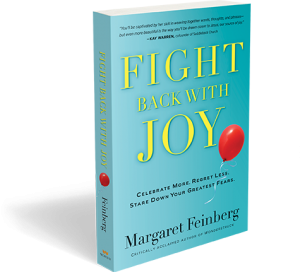 “Joy is one of those words that has been overused, distorted into a cliche.”
“Joy is one of those words that has been overused, distorted into a cliche.”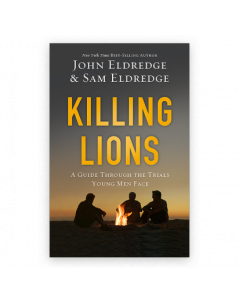 It was very special to be able to ‘participate’ in a conversation between a son and a father as they chatted about the key matters that impact a man’s heart.
It was very special to be able to ‘participate’ in a conversation between a son and a father as they chatted about the key matters that impact a man’s heart.